What Is The Impact Of (Chronic) Stress On Cancer?
Overview
Chronic stress can wreak havoc on many of the body’s physiological functions, including the immune system, metabolism, digestion, and reproduction.
Unfortunately, our bodies cannot distinguish between physical and psychological stress. In other words, if you have an exam tomorrow and you feel anxious, your body will react as if a bear is chasing you while running for your life.
This inability to differentiate between the two types of stress can be very problematic, especially for individuals with chronic stress. Find out more about the symptoms of stress here.
Sadly, many people trade in the suffering of people and spread misinformation about stress-related diseases.
One of the lucrative fields for these scammers is oncology (the science of cancer).
Oftentimes, people with cancer are extremely desperate and ready to try any program and/or product to cure their disease. This desperation can be dangerous since it makes them feel like conventional medicine is useless and cannot treat them.
For this reason, we decided to write this article and clear up some of the misconceptions about the relationship between chronic stress and cancer.
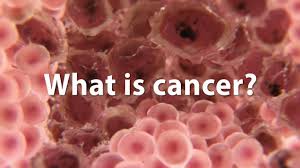
What exactly is cancer?
Cancer refers to a variety of cases where normal cells start to replicate in an extremely fast and uncontrolled manner.
Usually, every cell goes through strict checkpoints before it’s allowed to multiply and create other cells. This process is extremely important since it guarantees the integrity of the cell and its DNA.
Every now and then, a cell’s DNA gets mutated. Fortunately, there are several repair processes that make sure this faulty cell does not survive.
On the surface, this system seems to be perfect. However, and in a unique set of patients, one cell could go unnoticed and start to replicate uncontrollably, leading to cancer.
What are the causes of cancer?
-
Carcinogens – chemical substances that may trigger the development of cancer
-
Radiation
-
Xenobiotic
-
Various toxins
-
Carcinogenic food
-
Oncoviruses viruses – some viruses (e.g. Human Papilloma Virus) that provoke the fast death of cells
Note that this list is by no means comprehensive, but it covers the most important causes.
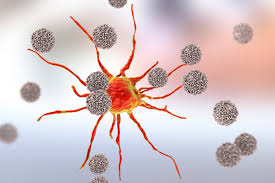
How the body fights off cancer
In the first stages of cancer, the immune system plays a major role in destroying the newly produced tumor. In particular, the immune system recruits natural killers to destroy the faulty cells.
If cancer survives this stage and develops into a mass that requires oxygen and nutrients – which it gets from angiogenesis (de novo formation of blood vessels) – other defense mechanisms will get recruited.
How does chronic stress affect this system?
Stress and the immune system
Many studies supported the relationship between decreased immune system effectiveness and chronic stress, and as we mentioned earlier, immune cells (e.g. natural killer cells) are crucial in destroying cancer during the early stages.
Therefore, the connection between stress and cancer seems very straight forward, right?
To answer this question, some scientists conducted laboratory experiments on rats to see if the two entities are connected. They took some rats and injected them with tumor cells, and then put the rats under extreme stress.
After that, scientists surveilled two parameters:
– Cancer occurrence: how many rats develop full-blown cancer
– Cancer progression: how fast those tumors grow
The issue with these experiments is that the pathogenesis of cancer in humans does not involve the artificial injection of tumor cells, hence the questionable credibility of all findings.
Other studies that tried to link stress to cancer had other credibility issues since they were all retrospective in nature. In other words, researchers gathered a group of patients who were diagnosed with cancer and asked them whether they experienced stress beforehand.
Obviously, most participants answered by yes.
The problem with retrospective studies is that when people who are experiencing a devastating event get asked about the past, they tend to remember the unpleasant side of things, which compromises the credibility of these studies.
What about prospective studies?
Do they support the link between chronic stress and cancer?
Several prospective studies were conducted and they all came up with the same result; chronic stress can cause cancer.
Here’s an example:
The western electric plant study
A classic study of this type was conducted on a large number of workers in a western electric plant in buffalo, New York City.
During this study, the psychological stressor that scientists chose was major depression, which seems to increase the risk of cancer by two folds.
After this study, scientists were almost sure that chronic stress can cause cancer.
However, the credibility of this study was completely wrecked a few years after when researchers found that workers developed depression due to an unsafe working environment that exposed them to carcinogenic chemicals.
Other prospective studies all had unclear findings.
Chronic stress and cancer progression
When scientists couldn’t find any reliable evidence that links chronic stress to cancer occurrence, they tried to study how stress influences cancer growth.
The most famous study in this field was conducted by David Spiegel, who took a group of female patients with breast cancer and divided them into two groups:
– The first group had standard medical therapy
– The second group had standard medical therapy and joined a support group
At the end of the study, the second group had an additional 18 months of survival rates compared to the first group.
When this study was first published, the scientific community was thrilled with these results, having finally achieved a link between chronic stress and cancer progression.
Unfortunately, this study wasn’t perfect.
When thoroughly analyzed, the study showed a deadly loophole!
Patients who did not join a support group had very low compliance to therapy compared to the other group. This is partially due to the motivation you get from other members of the group to stick to the treatment and not miss any chemotherapy or radiotherapy sessions.
This put an end to the speculation about chronic stress and cancer.
Final words
The relationship between stress and illness is complex. It has not been shown that stress-induced changes in the immune system directly cause cancer. However, more research is needed to find if there is a relationship between psychological stress and the transformation of normal cells into cancerous cells. (source)
In the end, we cannot say for sure whether chronic stress can cause cancer or not; however, and like we saw in many topics before, science is not always right at first! Perhaps in the near future, some new studies would reveal that chronic stress does indeed have a connection with cancer occurrence and progression.
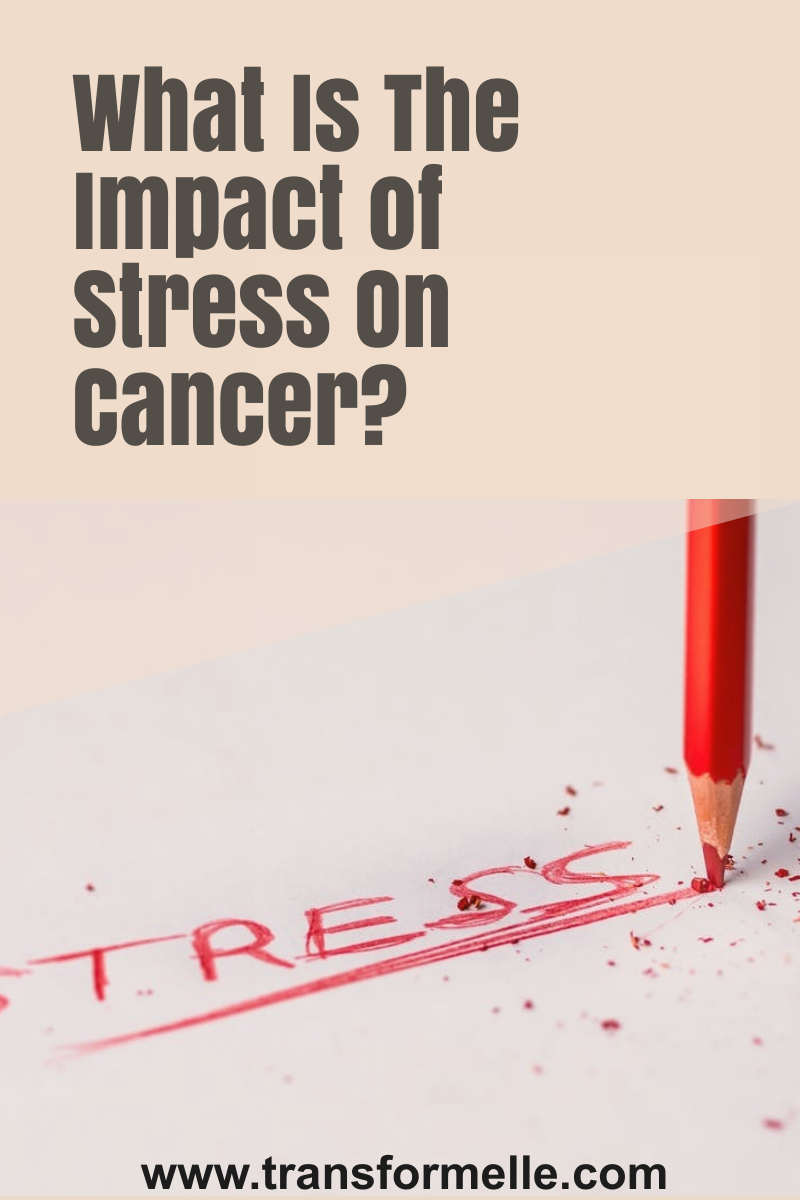
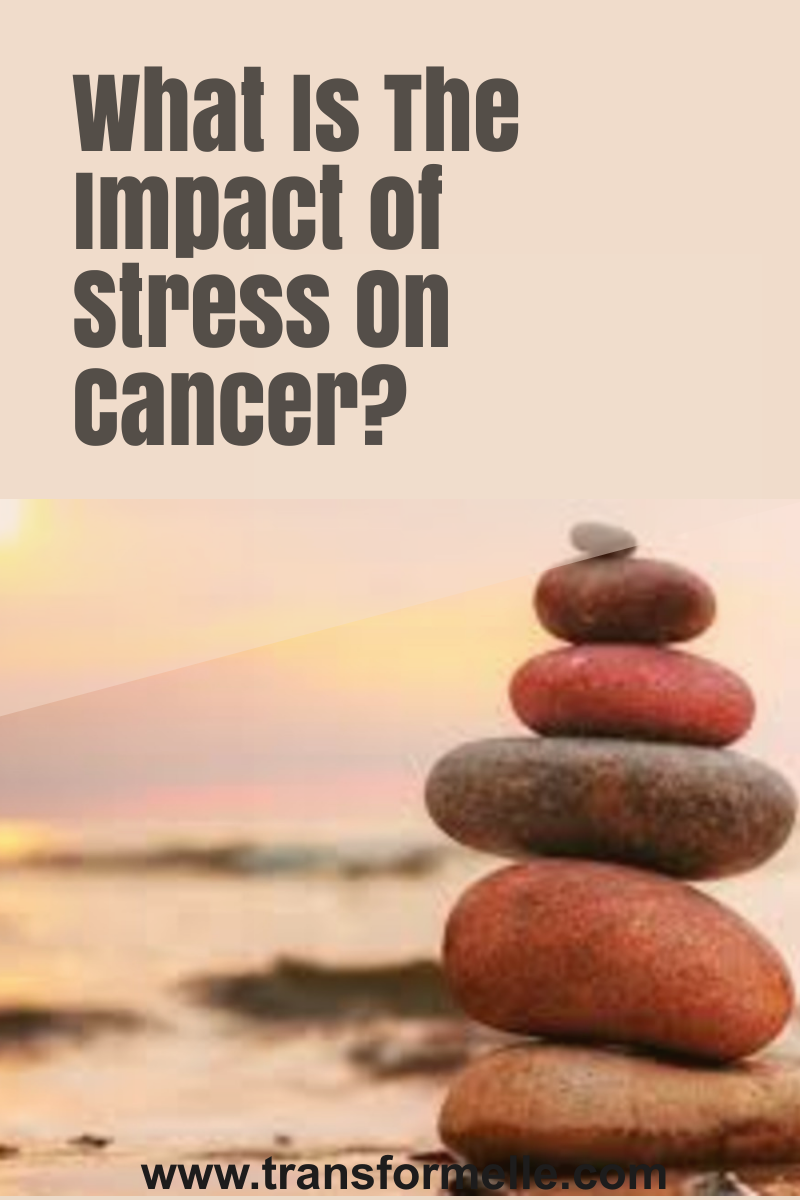


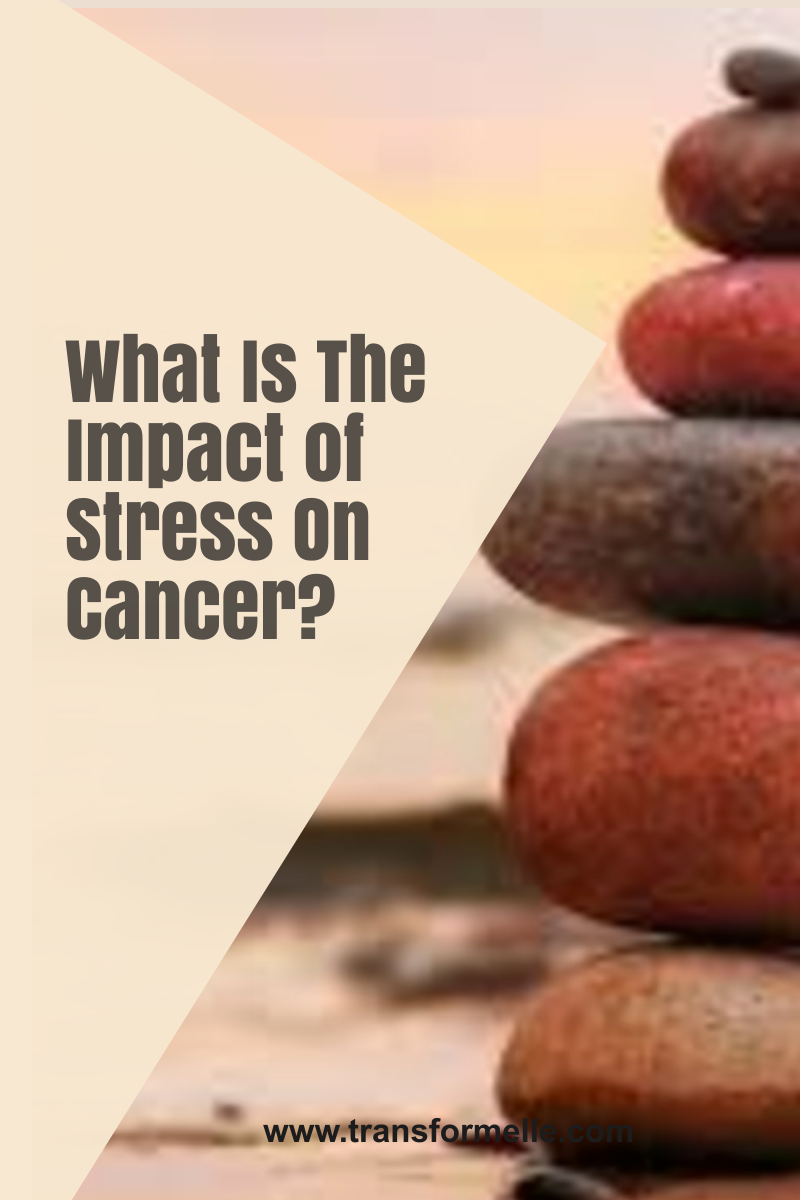
Did you find this post useful, inspiring? Save one of these pins above to your healthy lifestyle board on Pinterest.




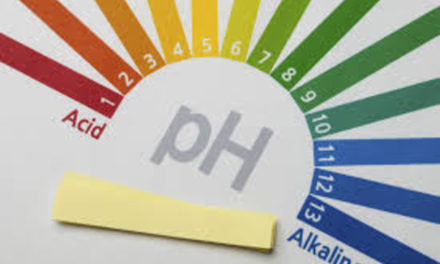

0 Comments